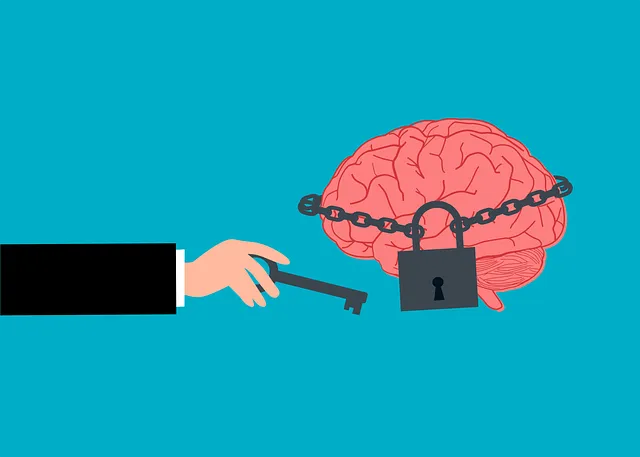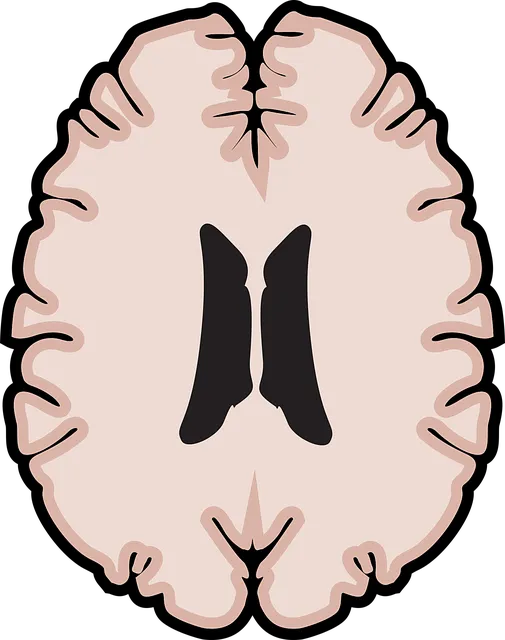Before designing a mental health education program for Longmont Kaiser Permanente's behavioral health providers, assess their unique needs through surveys and focus groups, focusing on areas like stress management, communication strategies, and public awareness campaign development. Based on this feedback, set SMART goals to equip them with practical tools for anxiety relief and improved patient care. The program should emphasize mental wellness coaching, stigma reduction, and mood management techniques, addressing the diverse cultural backgrounds and complex scenarios faced by these providers while promoting compassionate, effective, and inclusive care.
Longmont Kaiser Permanente’s behavioral health providers face unique challenges in delivering effective mental health care. This comprehensive program design article explores how tailored education can address these needs. We delve into assessing specific requirements and setting achievable goals aligned with organizational objectives. The curriculum development section highlights evidence-based practices, interactive learning modules, and practical techniques. Implementation strategies focus on successful delivery methods, feedback mechanisms, and fostering a culture of continuous learning for Longmont Kaiser Permanente’s behavioral health providers.
- Assessing Needs and Setting Goals: Tailoring the Program for Longmont Kaiser Permanente Behavioral Health Providers
- – Understanding the unique challenges faced by behavioral health providers
- – Identifying key areas for improvement in mental health education
Assessing Needs and Setting Goals: Tailoring the Program for Longmont Kaiser Permanente Behavioral Health Providers

Before designing a mental health education program for Longmont Kaiser Permanente behavioral health providers, it’s crucial to assess the unique needs and goals of this specific demographic. Understanding the challenges faced by these healthcare professionals is essential in creating a tailored program that resonates with their experiences. The first step involves gathering feedback from the providers themselves through surveys or focus groups to identify areas where they seek improvement, such as stress management, communication strategies, or public awareness campaigns development. This qualitative data provides valuable insights into the specific mental health concerns within this community.
Once needs are assessed, setting measurable goals becomes paramount. The program should aim to equip Longmont Kaiser Permanente behavioral health providers with practical tools for anxiety relief and improved patient care. By setting SMART (Specific, Measurable, Achievable, Relevant, Time-bound) goals, the education initiative can be effectively evaluated and adjusted over time. This ensures that the program remains relevant and impactful, addressing the evolving mental health needs of both healthcare professionals and the community they serve.
– Understanding the unique challenges faced by behavioral health providers

Behavioral health providers at Longmont Kaiser Permanente face unique challenges in their daily practice. They often encounter complex patient populations with diverse backgrounds and experiences, requiring a nuanced approach to care. These professionals must be adept at navigating cultural sensitivities, understanding implicit biases, and tailoring interventions to meet individual needs. The demands of modern healthcare systems, coupled with the sensitivity of mental health issues, create an environment where providers require robust skills in emotional regulation and stress management.
Additionally, integrating evidence-based practices like Mindfulness Meditation into their repertoire is essential for addressing the holistic well-being of patients. By incorporating strategies to enhance Emotional Regulation and Cultural Sensitivity in Mental Healthcare Practice, Longmont Kaiser Permanente aims to equip its behavioral health providers with the tools necessary to offer compassionate, effective, and inclusive care.
– Identifying key areas for improvement in mental health education

In designing a mental health education program, particularly for organizations like Longmont Kaiser Permanente, it’s crucial to identify areas where existing initiatives can be enhanced or expanded. Behavioral health providers at Kaiser Permanente often find themselves navigating complex terrain when it comes to patient care, with many individuals struggling under the weight of undiagnosed or poorly managed mental illness. Therefore, a key area for improvement lies in mental wellness coaching programs development. These programs can offer personalized guidance and support, empowering patients to take an active role in their mental health journey.
Beyond this, addressing mental illness stigma reduction efforts is paramount. Stigma often acts as a barrier to treatment, hindering individuals from seeking help despite their need. Incorporating educational components that challenge stereotypes and promote understanding can foster a more inclusive environment. Additionally, focusing on mood management techniques within the education program can equip both patients and healthcare providers with valuable tools for recognizing and mitigating symptoms of common mental health disorders.
In designing a mental health education program tailored for the specific needs of Longmont Kaiser Permanente behavioral health providers, it’s clear that understanding their unique challenges and identifying areas for improvement are crucial steps. By focusing on these aspects, we can create an effective program that enhances the skills and knowledge of these professionals, ultimately improving patient care within Longmont Kaiser Permanente. This strategic approach ensures that the program resonates with the target audience, fostering a positive impact on both provider satisfaction and patient outcomes.






